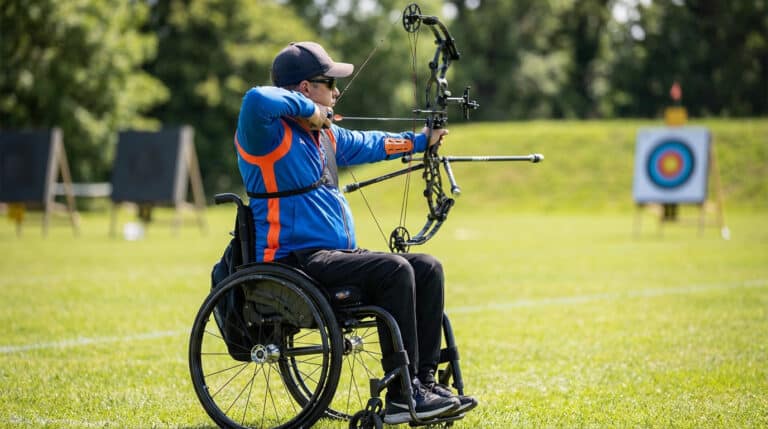Every year, millions of people in France engage in regular physical activity—whether in clubs, at school, or for leisure. But which sports are the most popular in 2025? Which ones have the most licensed members? And how has participation changed since the Paris 2024 Olympic Games?
How do we measure the popularity of a sport?
The popularity of a sport can be assessed based on several criteria:
- The number of licensed athletes registered with national sports federations
- Informal or non-club practice, measured through surveys
- The number of clubs across the country
- Media coverage (especially during events like the Olympics, Ligue 1, World Championships)
- Long-term trends and growth over several years
The French federations regularly publish data on sports participation, allowing for representative rankings.
Ranking of the most practiced sports in France in 2025
Here are the disciplines with the highest estimated number of licensed members in France:
| Rank | Sport | Estimated number of licensed members (2025) |
|---|---|---|
| 1 | Football | ~2,100,000 |
| 2 | Tennis | ~950,000 |
| 3 | Horse riding | ~600,000 |
| 4 | Judo | ~520,000 |
| 5 | Basketball | ~500,000 |
| 6 | Handball | ~470,000 |
| 7 | Rugby | ~430,000 |
| 8 | Swimming | ~390,000 |
| 9 | Athletics | ~360,000 |
| 10 | Gymnastics | ~340,000 |
Beyond these leading sports, others are gaining momentum—such as cycling, volleyball, and combat sports (boxing, taekwondo, karate).
Which sports are gaining popularity?
The Paris 2024 Olympic Games greatly boosted interest in certain Olympic disciplines. Since last year, several sports have seen a significant rise in new registrations, including:
- 3×3 basketball, popular among youth for its fast-paced format
- Judo, still going strong thanks to its high-profile French ambassadors
- Women’s handball, lifted by the French national team’s performance
- Track cycling, energized by its Olympic exposure
- Swimming, particularly in large cities like Paris, Strasbourg, and Lyon
Team sports still dominate, but there’s also a rise in independent activities like running, weight training, and outdoor fitness not linked to any official club.
What about informal sports practice?
Many people in France engage in physical activity without being part of a club—like brisk walking, running, fitness, yoga, or cycling. These autonomous practices represent a growing share of the nation’s sporting habits, especially among working adults.
There’s also rising interest in urban sports like skateboarding, freestyle scootering, and parkour, though these are less visible in official federation statistics.
Why do these numbers matter?
Understanding which sports are most practiced helps identify broader trends, infrastructure needs, and public health priorities around physical activity.
It also serves as a valuable starting point for clubs, federations, and local authorities looking to promote participation through events, partnerships, or training programs.
Playing sports is great—but never without safety
No matter the discipline—football, basketball, horse riding, judo, or even solo activities—it’s important to consider safety. Injuries, accidents, or medical issues can happen, even during casual practice.
That’s why it’s essential to have sports insurance tailored to your activity. Whether you’re part of a club or training independently, being insured lets you practice with peace of mind—and protects you in case something goes wrong.






